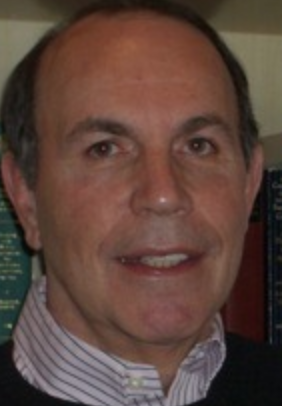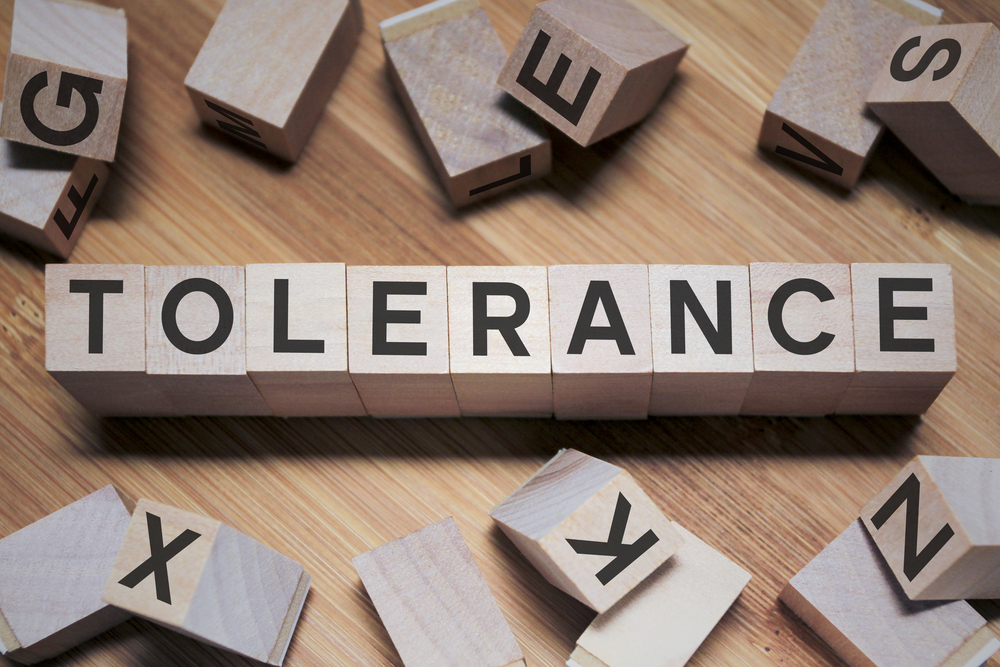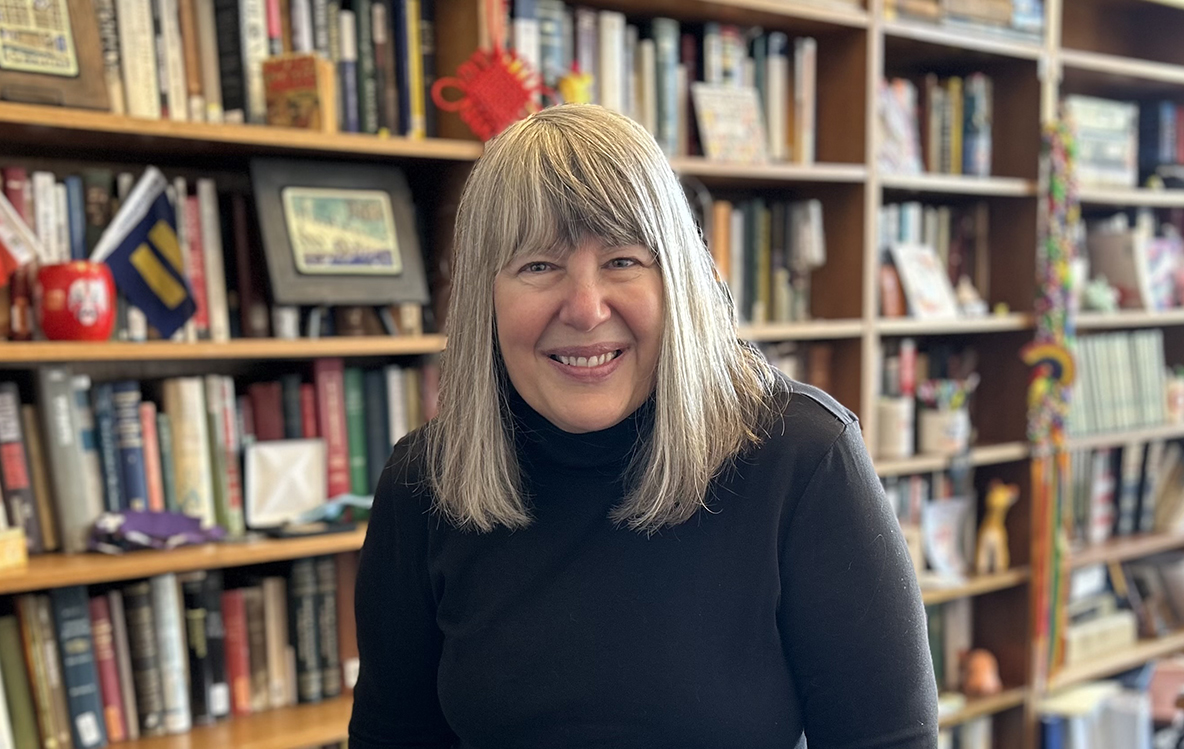In a new essay in Concurring Opinions, Abandoned? The Liberal Flight from the First Amendment, First Amendment scholar, Ron Collins, writes that the cultural wars have wiped away once steadfast liberal ideas of tolerance.
“Defending speech with which we differ, and which we find offensive, has always been difficult. That is why the First Amendment was such a political feat when it was ratified in 1791, and continues to be an astonishing fact of constitutional liberty so long as it is faithfully honored. Toleration (that enemy of the self-righteous) has always been at the heart of the First Amendment. But ideology makes its demands and when it does liberty is left wounded. Sensitive to such concerns, the reflections that follow (by an open-minded person with progressive tendencies) are about the liberal abandonment of the First Amendment, or much of it.
Case in point: A recent book by a noted First Amendment scholar, Professor Steven Shiffrin, reveals the seismic shifts in the conceptual and ideological lay of the land of liberal thought. The book is titled What’s Wrong with the First Amendment? (2017). In the name of liberal values, it wrecks many First Amendment precedential pillars. More recently, Professor Louis Seidman wrote an essay for the Columbia Law Review titled “Can Free Speech Be Progressive?” His answer: no. These two authors are not the rants of fringe figures. Hardly. If anything, their words might well be seen as signposts of the past and future.”
Ira Glasser, who served as executive director of the American Civil Liberties Union from 1978 to 2001, wrote a reply to Ron Collins. He focused on the inherent danger of giving authorities the power to decide what speech is acceptable or not.
“The key question that many ‘progressives’ have been mostly ignoring is the question of power: Regardless of intellectual standards developed by academics to distinguish between speech that they believe has only negative or minimal value to the democratic experiment, and which therefore they believe can be distinguished from other speech and safely restricted, the only important question is who will decide how such standards are applied, and to whom. If ‘offensive’ speech or ‘hate’ speech were legally unprotected by the First Amendment, whose speech would be restricted in the real world under that standard would differ depending on who had the power to decide. Donald Trump or Richard Nixon or Rudy Guiliani or Joe McCarthy would decide very differently from, say, the head of the ACLU, or the NAACP, or Catherine MacKinnon. But it is the former group, or people like them, who will more often have that power in the real world than the latter, or people like them.”
***

Ron is the Harold S. Shefelman scholar at the University of Washington Law School and a senior fellow at the Newseum’s First Amendment Center in Washington, D.C. He was a Supreme Court Fellow in 1982-83 under Chief Justice Warren Burger and a law clerk to Oregon Supreme Court Justice Hans Linde. He is the book editor at SCOTUSblog.
Collins is the author, co-author, or editor of several books including: When Money Speaks: The McCutcheon Case, Campaign Financing Laws, and The First Amendment (e-book, Spring, 2014) On Dissent: Its Meaning in America (Cambridge, 2013) Mania: The Story of the Outraged & Outrageous Lives that Launched a Cultural Revolution (Top-Five Books, 2013) Nuance Absolutism: Floyd Abrams & the First Amendment (Carolina Academic Press, 2013) We Must not be Afraid to be Free (Oxford, 2011) The Fundamental Holmes (Cambridge, 2010) The Trials of Lenny Bruce (Sourcebooks, 2002, 2012) and Constitutional Government in America (Carolina Academic Press, 1980). He has authored over 60 scholarly articles including publications in Harvard Law Review Stanford Law Review Supreme Court Review Michigan Law Review Texas Law Review Duke Law Journal and the Southern California Law Review. He has also authored over 250 articles in the popular press including articles in the New York Times Washington Post Los Angeles Times and The Nation.
In 2003, Collins and others successfully petitioned the governor of New York to posthumously pardon Lenny Bruce. In 2010, Collins was a fellow in residence at the Norman Mailer Writers Colony in Provincetown, Massachusetts. In 2011 he received the Supreme Court Fellow’s Administration of Justice award “in recognition of his scholarly and professional achievements in advancing the rule of law.” And in 2012, the American Society of Legal Writers awarded him a Scribes Book Award (bronze) for We Must not be Afraid to be Free.
Tags

